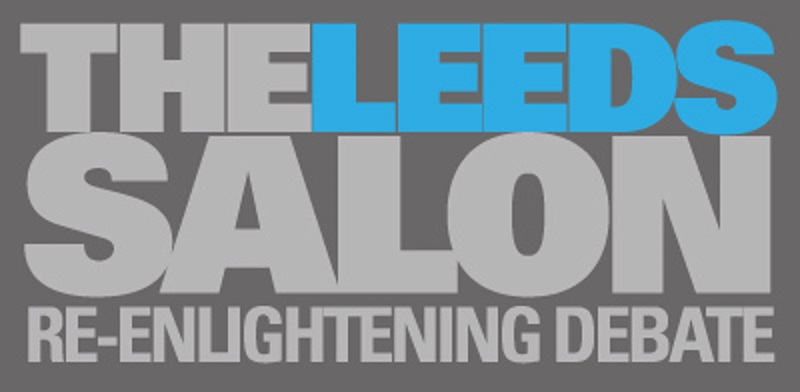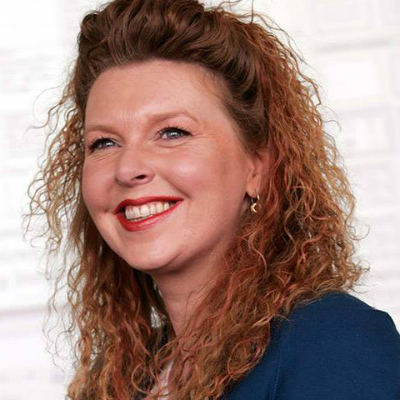Although gambling is an activity enjoyed by many without a problem, for some gambling behaviour can become disordered, leading to problems with debt and relationships.
Though nationally, rates of problem gambling affect less than 1% of the population, according to a recent Leeds Beckett study, rates of ‘at risk gambling’ – those who experience some problems – are around 5-6%, and even higher in Leeds at around 7-8%; in particular, impacting “those who are most vulnerable in society”.
To tackle gambling-related harms, some are calling for greater regulation, including bans on advertising (particularly featuring celebrities) and on inducements, for affordability checks to cap the amount individuals can bet, and even for gambling awareness lessons – already trailed in Northern Ireland schools – to be rolled-out nationally. But is any of this necessary or desirable?
For a start, the BBC reported in December that research has failed to establish any causal link between exposure to advertising and problem gambling. While, for some, such as poker player and author of Risking it all: The Freedom to Gamble, Jon Bryan: “If we accept state control over our spending on gambling, we conceded the argument about individual choice and liberty in other areas of life, too”.
So, do we need to do anything about problem-gambling, or do we leave it to the individual? Is greater regulation required over advertising or how we choose to spend our money? Or does accepting such controls in this area of life set a potentially dangerous precedent?


